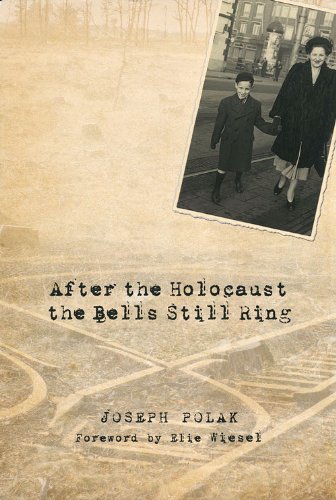Where Jewish Theology Meets the Holocaust
In addition to his book Rabbi Polak has written in two areas that have each been generously received by the public:
Forgiving the Germans
In an article published in Jewish Law Studies 1993, the question was raised regarding an approach to this problem out of the parameters of classical Jewish Law. Can the Jews ever forgive the Germans? The article developed a remarkable following and continues to be used regularly in university courses on both the Holocaust and on Jewish law.
Legal forgiveness, in its larger scheme, was also the subject of a major seminar at the Harvard Law School in the Fall of 2020, and can be viewed here.
Jewish Responsa During the Holocaust
In Auschwitz, one Rosh Hashana day, 1200 children were selected for the gas. A father heard that the SS could be bribed, and that his son might thus be saved. However an allied problem presented itself: the SS officer who could indeed be bribed, would simply choose another child to replace his son; the 1200 count needed to remain intact.
The father approached Rabbi Meisels and asked him whether the bribe was permitted. This query, in Jewish legal language, is called a she-elah; the reply, is called a responsum. The Responsum here, never given directly, was “No”, and Rabbi Meisels, who survived, wrote it up after the War.
The Ghettoes and Camps were filled with Jews and their Rabbis, seeking Responsa day and night, and after the war, a mighty literature of such Holocaust responsa emerged. The material was studied in a graduate seminar at Boston University under Professor Michael Grodin and Rabbi Polak, and the results published in the journal Modern Judaism.
